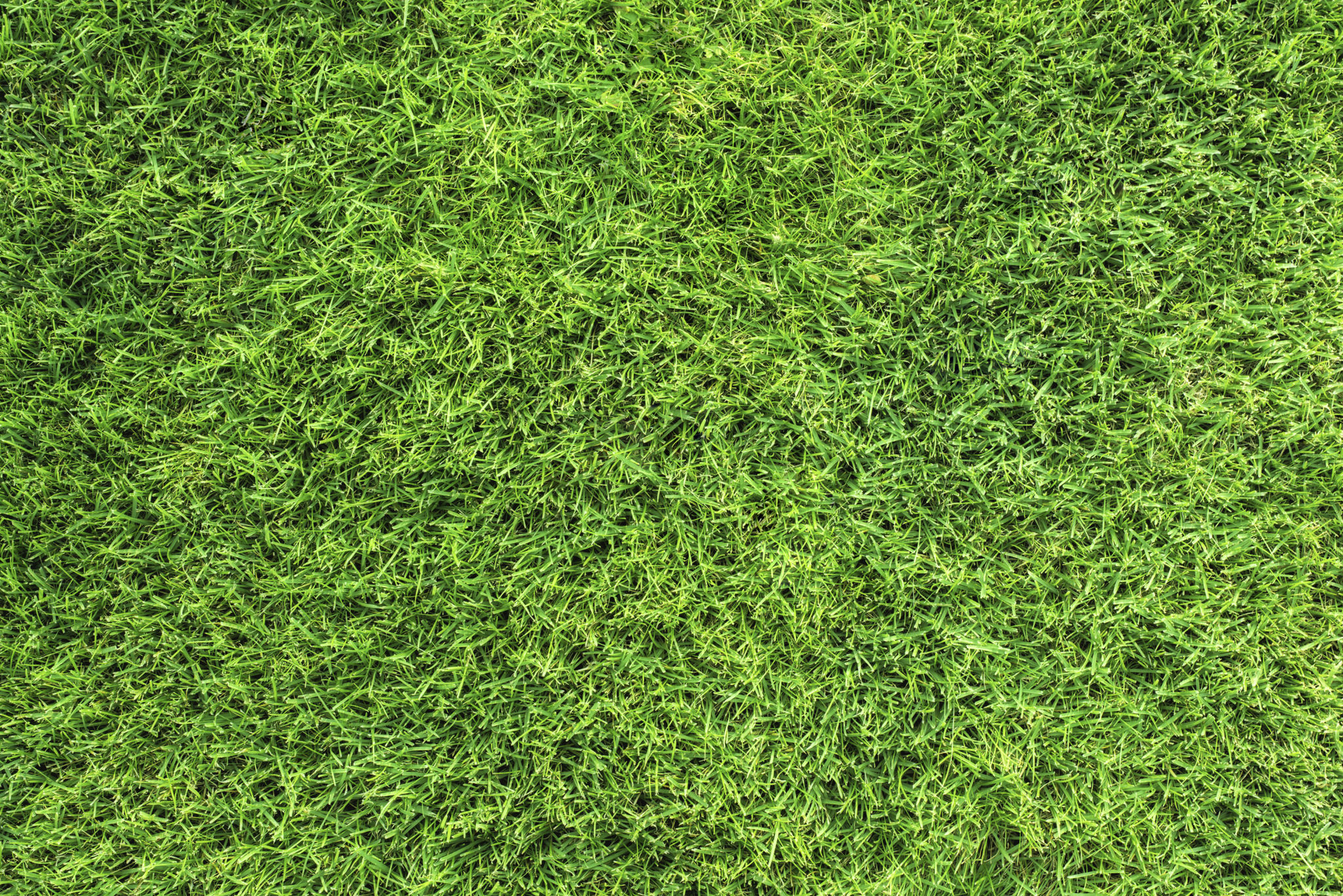DIY Lawn Care Tips From Michigan Experts
Understanding Your Lawn's Needs
Caring for your lawn in Michigan can be a rewarding endeavor. The key to success is understanding your lawn's unique needs, which can vary depending on the season, soil type, and grass species. Michigan's climate can be challenging, with cold winters and hot, humid summers. This requires a balanced approach to lawn care, ensuring your grass receives the right nutrients and maintenance at the right time.

Soil Testing for Success
Before diving into fertilization or any other lawn care treatments, it's advisable to conduct a soil test. Soil testing provides valuable insights into nutrient levels and pH balance, helping you tailor your lawn care regimen. Many local extension offices in Michigan offer soil testing services, which can be a great starting point for any DIY lawn care enthusiast.
Choosing the Right Grass
Selecting the appropriate grass species is crucial for a thriving lawn. In Michigan, cool-season grasses like Kentucky bluegrass, perennial ryegrass, and fine fescues are popular choices. These grasses are well-suited to the region's climate, providing durability and vibrant growth throughout the year.

Seasonal Lawn Care Tips
Each season presents unique challenges and opportunities for lawn care in Michigan. By adjusting your approach based on the time of year, you can ensure optimal health and appearance for your lawn.
Spring Revival
Spring is a critical time for lawn rejuvenation. Begin by raking away debris and dead grass to allow new growth. Aerating your lawn can improve soil compaction, enhancing water and nutrient absorption. Follow up with fertilization using a balanced, slow-release fertilizer to give your grass the nutrients it needs to thrive.

Summer Maintenance
During the hot summer months, watering becomes essential. Aim to water your lawn early in the morning to reduce evaporation and fungal growth. Mow regularly, but be sure to keep your grass slightly taller to provide shade for the roots and retain moisture.
Autumn Preparations
As temperatures cool, it's time to prepare your lawn for winter. Overseeding can help fill in thin areas and promote a thicker lawn come spring. Apply a high-potassium fertilizer to strengthen root systems, making them more resilient during the cold months. Additionally, continue to mow until growth slows significantly.
Winter Care
Though your lawn may be dormant during winter, there are still steps you can take to protect it. Avoid foot traffic on frosty grass to prevent damage. Clear debris regularly to avoid mold and disease. With these precautions, your lawn will emerge healthier when spring arrives.

Conclusion
By following these DIY lawn care tips from Michigan experts, you'll be well on your way to achieving a lush, healthy lawn all year round. Remember, consistent care and attention tailored to your lawn's specific needs will yield the best results. With a little effort and knowledge, you can enjoy a vibrant outdoor space that enhances the beauty of your home.
